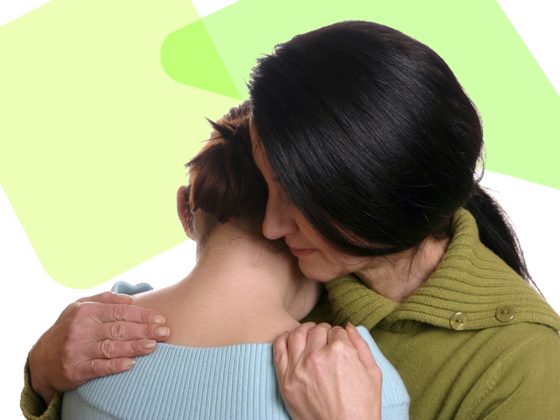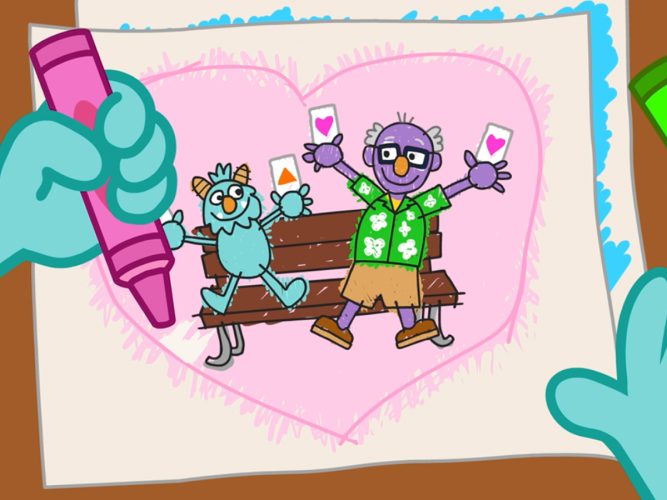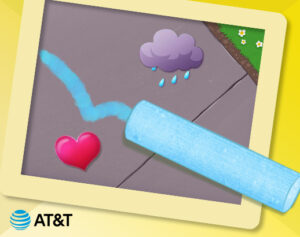
Helping Children Grieve
An article to help families talk about and grieve the death of a loved one.
When someone dies, children may have questions that can be difficult to answer. A death related to COVID-19 may be especially difficult or confusing for both children and adults. The death may have been sudden or shocking and may have happened in a particularly scary way. And, of course, it can be especially painful not being able to say goodbye with a traditional funeral or other group rituals.
But even if they do not personally know anyone affected, children may be troubled by stories of large numbers of people dying. Acknowledge the reality: “Yes, many people are so sad right now. It’s hard for all of us to understand.” Reassure them that grown-ups are working hard to stop the spread of COVID-19 so that people stop getting sick. Try to limit their exposure to media as much as possible.
But there are ways to help families talk about death, express their feelings, and grieve together. If your family has lost a loved one, here are some things you might consider doing as you grieve together in the absence of a funeral or memorial (and as you maintain physical distance from other family members and friends):
- It’s hard to reduce such an important group experience to a computer screen, but a group video call is one way to bring people together right away. Children might help choose music to play, poems to read, and so on.
- Ask friends and family to scan and send photos so you can create a slideshow with children (they might pick the order of photos or a song to play along with the photos), and share it with family and friends.
- Together, choose a safe place to put a candle, and light it every night. You might put photos of your loved one nearby, or invite your child to draw pictures or write letters to set near the candle.
- Visit a place with special memories and bring a picnic with your loved one’s favorite food.
- Together, plan a service for the future.
Children may have big questions; answer them simply and directly. Share basic facts when appropriate, but it’s also okay to admit that you don’t have all the answers. Depending on the age of the child and your own judgement, you might consider these responses:
Why did he die?
Sometimes people’s bodies get too sick, and they stop working. When a person dies, their heart stops beating and their body stops moving and breathing. Once someone dies they cannot come back to life.
Will I get sick too?
It is very rare for children to get sick from COVID-19. But whenever you have any kind of sickness, I will take good care of you. (You can remind them that not every cough or sneeze means that they or others have the virus.)
Will ___ get sick?
We can’t say for sure who might get COVID-19, but most people who get it get better. Our family, friends, and community have been working hard to keep the virus from spreading so that fewer people will get sick, and scientists are working on a vaccine to protect everyone from the virus.
If no one could go near her, how did doctors and nurses take care of her? Was she all alone?
Doctors and nurses use masks, gloves, and special clothes to keep germs away when they care for sick people. They tried very hard to help and were there until he/she died.
And there are some things children need to hear again and again:
- All your feelings, thoughts, and memories are okay. You can talk with me about any of them if you want to.
- We all feel sad/angry/hurt/lonely.
- You are safe and I will take care of you.
- There are things we can do to help ourselves feel a little better sometimes.
- [name of person who died] loved you and knew how much you loved them.
- We will get through this as a family. Our love for each other will not change.
For more resources on helping children grieve, visit https://sesameworkshop.org/topics/grief/
Special thanks to Judith Cohen, MD and the National Child Traumatic Stress Network. See NCTSN’s resources on COVID-19-related loss.


